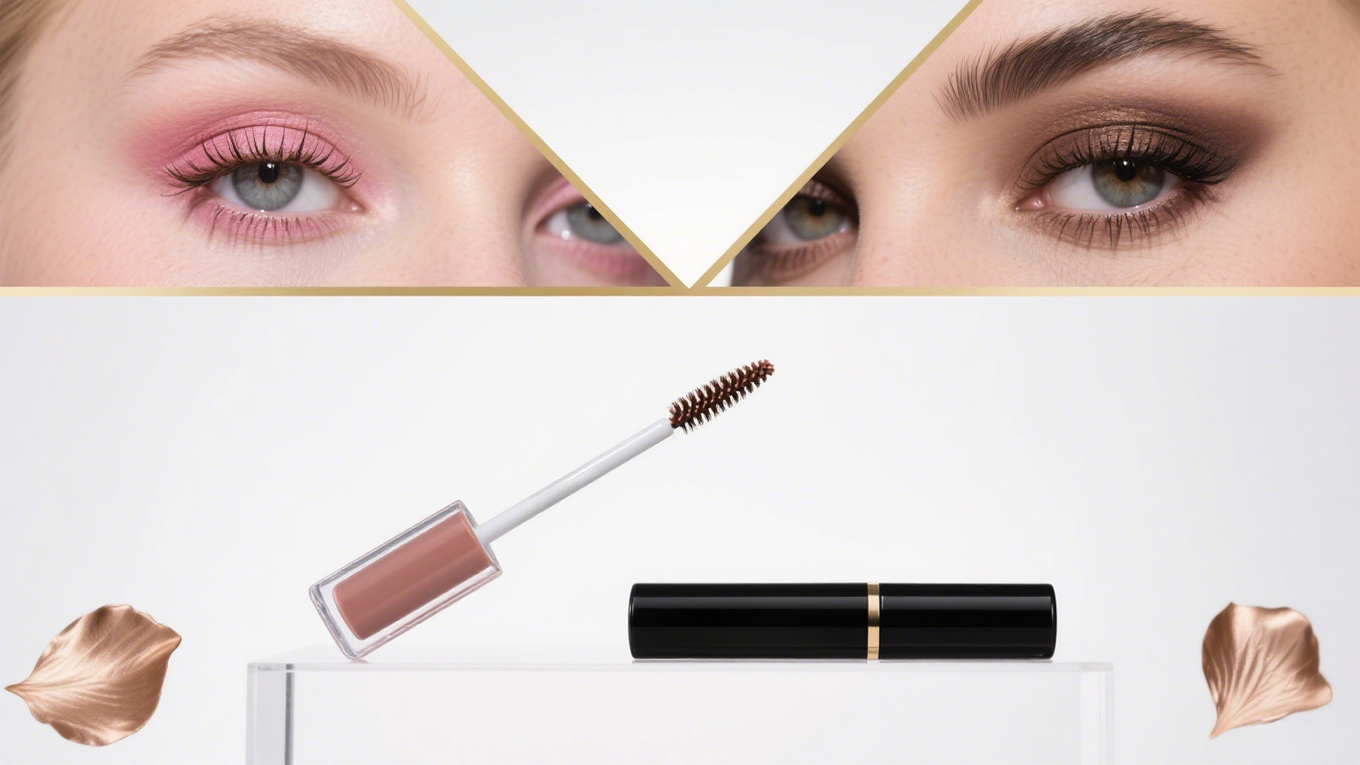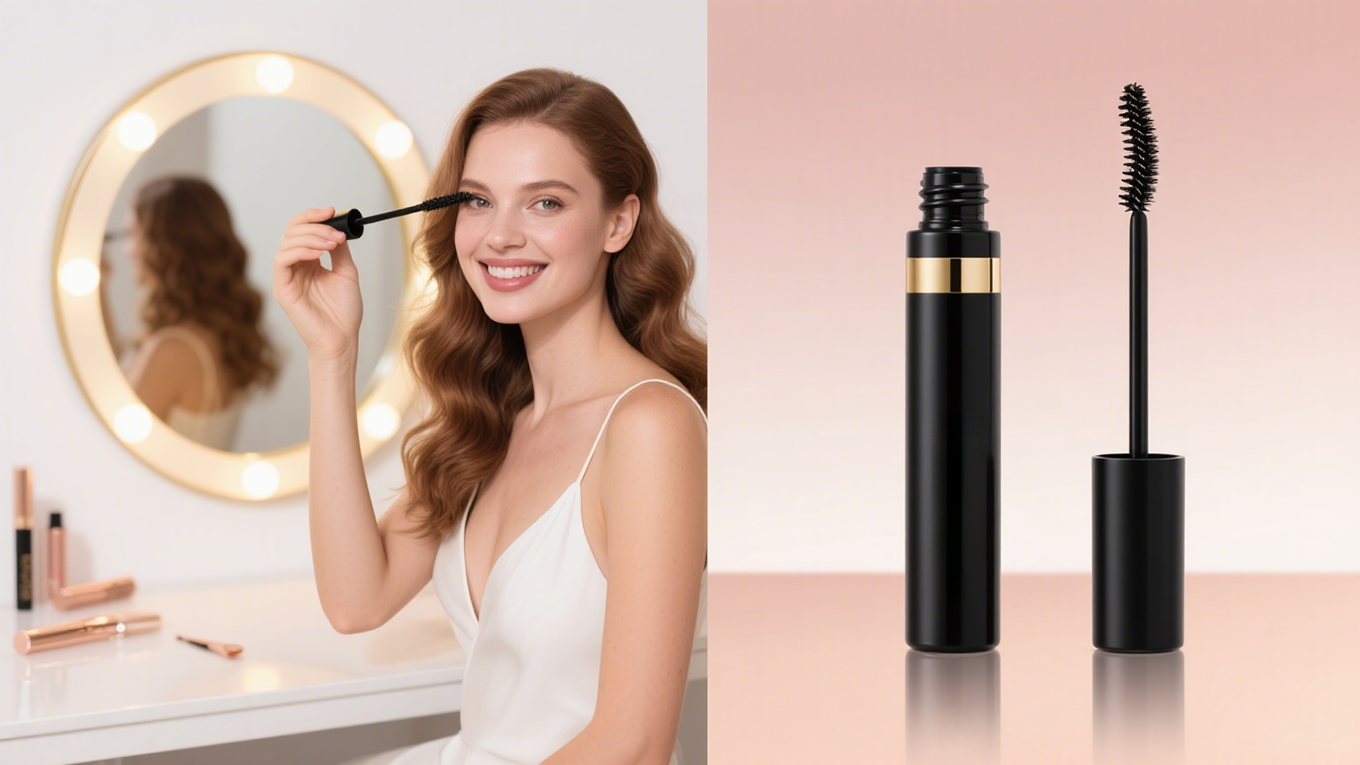Mascara is more than just a makeup product—it is a cultural symbol that has shaped beauty standards, gender identity, and social expression throughout history. Its ability to enhance the eyes has made it one of the most iconic cosmetics in the world. Yet mascara also carries deeper meaning, reflecting cultural ideals, social movements, and personal empowerment. At ZM Beauty Supply, we explore the cultural symbolism of mascara and why it continues to be so much more than a simple beauty tool.
The Historical Roots of Mascara
Mascara’s cultural significance begins in ancient civilizations. In Egypt, kohl was used to darken lashes and protect eyes from harsh sunlight and dust, while also serving as a symbol of status and spirituality. For men and women alike, eye enhancement was a way to communicate power, beauty, and connection to the divine.
In ancient Rome and Greece, mascara-like substances were associated with femininity and social status, reinforcing ideals of beauty that were deeply tied to cultural values. These early practices show how eye enhancement was never just about aesthetics—it was also a declaration of identity and belonging.
Mascara as a Marker of Femininity
Throughout modern history, mascara has often been associated with femininity. In the 20th century, as cosmetics became widely accessible, mascara emerged as a symbol of womanhood. Applying mascara was not only a beauty ritual but also a rite of passage into maturity for many young women.
The product became a shorthand for femininity itself. Long, dark lashes were linked to ideals of seduction, elegance, and grace. Mascara reinforced cultural narratives about what it meant to be attractive and feminine, particularly in Western societies. However, as beauty ideals have evolved, mascara has shifted into a broader tool for self-expression, transcending rigid gender boundaries.
The Role of Mascara in Empowerment Movements
Mascara has also been tied to women’s empowerment. During the suffrage movement and later feminist waves, makeup—including mascara—was seen as both a point of debate and a tool of choice. For some, rejecting makeup symbolized freedom from restrictive beauty standards. For others, embracing mascara was about reclaiming control over personal appearance and identity.
In the modern context, mascara represents empowerment through choice. Whether one chooses bold, dramatic lashes or a subtle enhancement, mascara provides individuals with the freedom to present themselves authentically. At ZM Beauty Supply, we see mascara as a bridge between personal empowerment and cultural identity, allowing individuals to express who they are on their own terms.
Mascara Across Cultures
Different cultures have embraced mascara in unique ways. In South Asia and the Middle East, kajal and kohl have been used for centuries not only for beauty but also for spiritual and medicinal reasons. These traditions reflect the deep cultural embedding of lash enhancement as more than decoration.
In Western societies, mascara has been heavily tied to fashion and media trends. Iconic figures such as Twiggy in the 1960s popularized bold, exaggerated lashes as cultural symbols of youth and rebellion. Meanwhile, the natural lash look of the 1990s represented a cultural shift toward minimalism and authenticity.
Today, globalization has created a blending of traditions. The popularity of bold, volumizing mascaras in one culture and natural, conditioning formulas in another demonstrates how mascara reflects both universal beauty desires and localized cultural values.
Mascara as a Gender-Inclusive Symbol
In recent years, mascara has broken away from its exclusive association with femininity. With the rise of gender inclusivity in beauty, mascara has become a symbol of individuality rather than gender conformity.
Men and non-binary individuals are increasingly embracing mascara as part of self-expression, challenging outdated norms. From stage performers to everyday consumers, mascara is now understood as a product that enhances confidence and creativity for everyone. This evolution highlights mascara’s role as a cultural equalizer, transcending gender and celebrating diversity.
The Emotional Symbolism of Mascara
Mascara holds emotional weight as well. Many people describe applying mascara as an empowering ritual, a way to prepare mentally for the challenges of the day. Lashes frame the eyes, which are often called “the windows to the soul,” making mascara a tool for amplifying emotional expression.
The transformation that mascara provides is immediate, reinforcing feelings of attractiveness, confidence, and readiness. It is this emotional symbolism—beyond its physical function—that explains why mascara remains such an enduring cultural icon.
Innovation and Cultural Relevance
Mascara’s cultural symbolism has also been shaped by innovation. From the invention of the first tube mascara in the early 20th century to the development of waterproof, volumizing, and lash-conditioning formulas, mascara has evolved to meet changing cultural needs.
Today, eco-friendly and cruelty-free mascaras reflect cultural shifts toward sustainability and ethical consumption. Consumers want more than beauty—they want products that align with their values. At ZM Beauty Supply, we recognize that mascara’s symbolism now includes responsibility, innovation, and cultural awareness, making it more relevant than ever.
Mascara in Media and Popular Culture
Mascara has been immortalized in film, advertising, and popular culture as a symbol of allure and identity. Classic Hollywood films often emphasized dramatic lashes to highlight femininity and emotional intensity. Advertisements from the mid-20th century cemented mascara as a must-have for women seeking glamour.
In contemporary media, mascara continues to symbolize transformation. Social media influencers showcase diverse lash looks, turning mascara into both a trend and a personal statement. Its presence in cultural conversations ensures that mascara is not just a cosmetic product but also a visual language of identity and emotion.
Mascara is far more than a tool for darkening lashes—it is a cultural symbol of beauty, empowerment, identity, and self-expression. From its historical roots in ancient civilizations to its role in modern inclusivity movements, mascara continues to reflect cultural values while shaping them in return. Its symbolism spans femininity, empowerment, individuality, and emotional connection, making it one of the most meaningful beauty products ever created.
At ZM Beauty Supply, we believe mascara represents the intersection of beauty and identity, serving as a timeless symbol of expression that unites cultures, genders, and generations.



